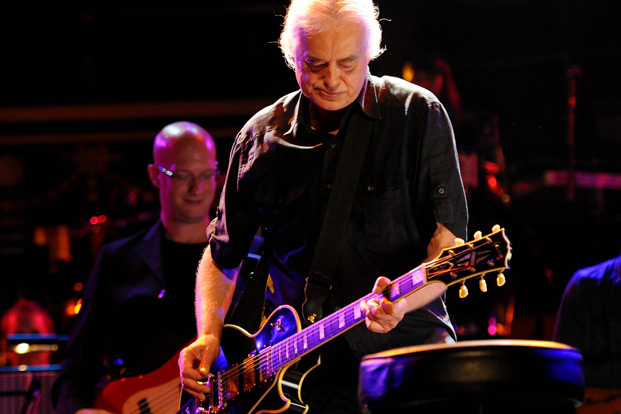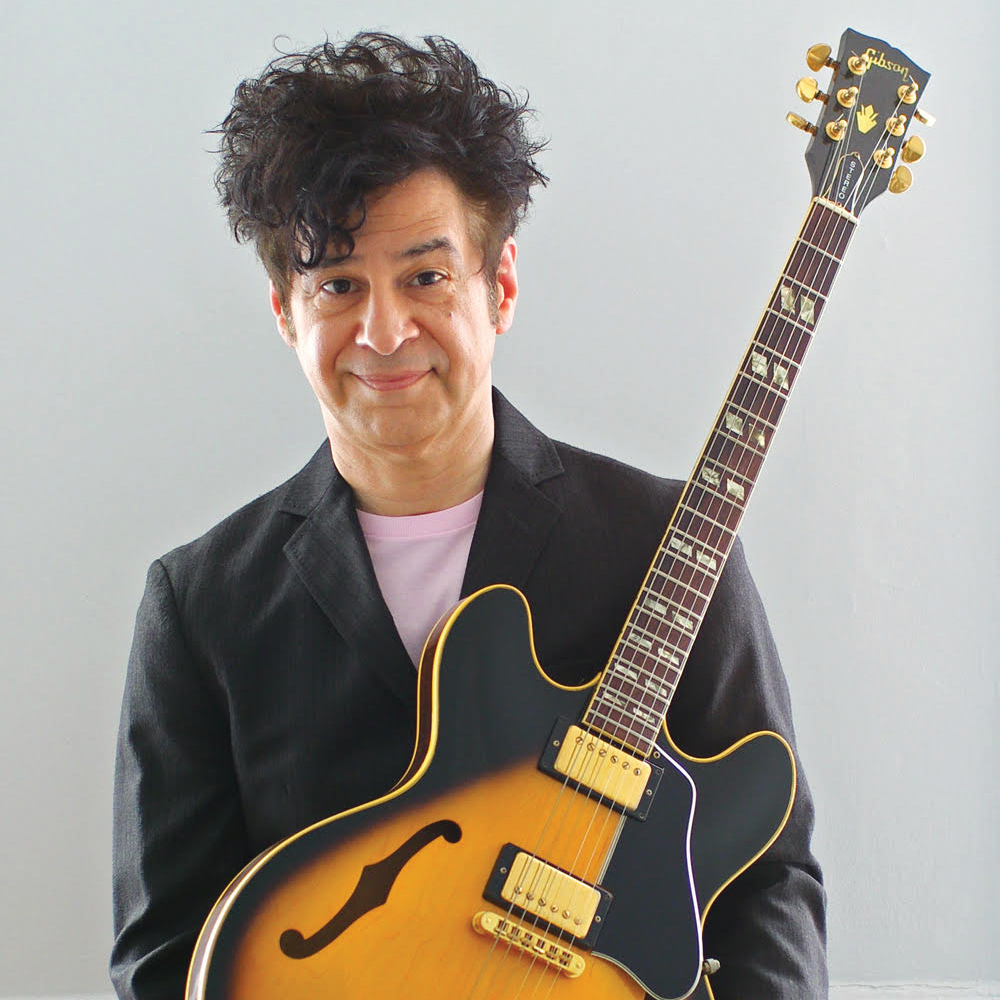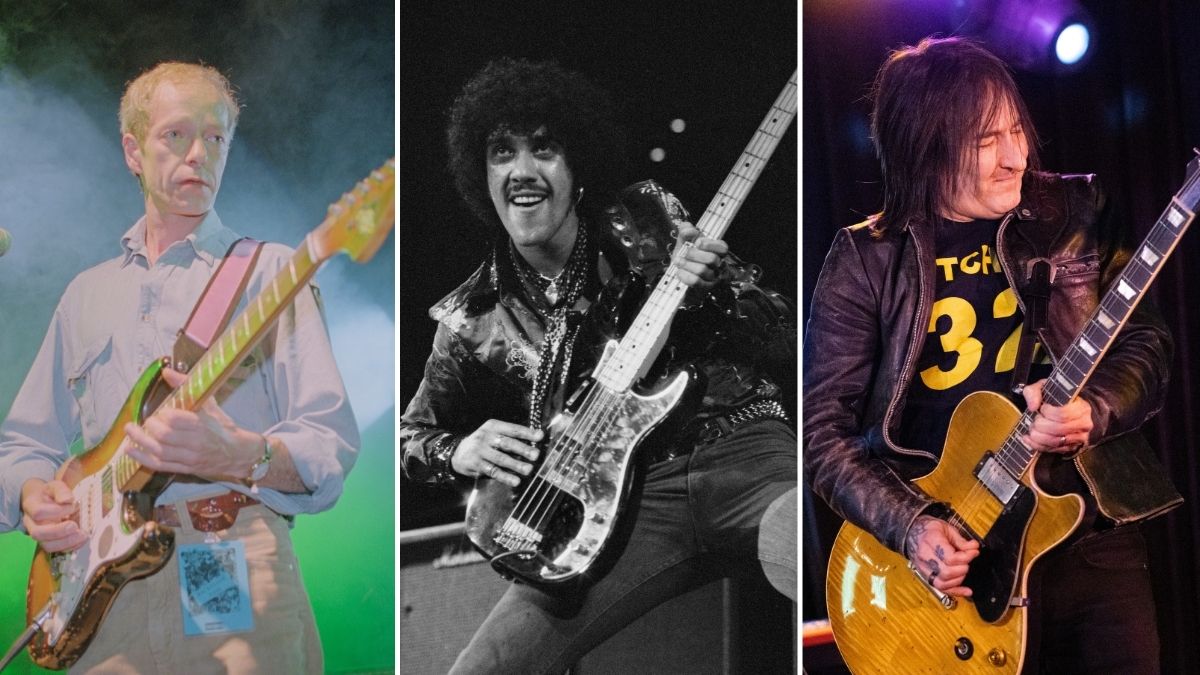Jimmy Page Talks Rare Led Zeppelin 'BBC Sessions' Recordings: “We Were Totally Fearless”

Jimmy Page says he hopes the release of Led Zeppelin’s new The Complete BBC Sessions box set on September 16 will shed new light on the group’s “energy and attitude” in 1969, when the fledgling group was carving a new path for hard rock music.
True to its title, the three-CD compilation features all 33 tracks Led Zeppelin recorded for BBC Radio from 1969 through 1971. The new release is an update of the original 1997 two-CD release The BBC Sessions, remastered with supervision by Page, and includes eight previously unreleased tracks, including three from a “lost” broadcast made in 1969.
The Complete BBC Sessions’ existence owes much to legendary deejay John Peel. It was Peel who helped introduce Led Zeppelin to British rock fans when he gave the young band a chance to perform four songs on his BBC Radio One show on June 29, 1969. Peel continued to support the group over the next years. All but seven of The Complete BBC Sessions’ tracks are from shows with which Peel was associated.
Page explains that the shows were vital to helping Led Zeppelin become popular in their own country at a time when they were spending much of their time enjoying success in America.
“Peel was great—he obviously did champion us,” Page tells Rolling Stone. “Because we spent so much time in the States in the beginning, we weren’t able to do so much in England. It was slower catching up. And we didn’t have radio here like what was called underground radio over there. So we got these little slots on the BBC.”
Three of the songs on The Complete BBC Sessions were recorded for a show called Rhythm and Blues. Hosted by British blues singer Alexis Korner, Rhythm and Blues was heard on shortwave radio via the BBC’s World Service. Led Zeppelin’s session was lost for years, but some eager listener from the time had recorded the show, and the tape surfaced on bootlegs shortly after Page released the original BBC Sessions package in 1997.Page has included it on the new release. The set includes “You Shook Me,” “I Can’t Quit You Baby” and the only performance of the Led Zeppelin original “Sunshine Woman.” As Page explains, the song was played just once in Led Zeppelin’s history because they made it up spontaneously as the tape rolled. Though Korner wasn’t present for the recording, Page knew he would appreciate it when he played the tape on his show.
“It was done, I guess, for amusement really—although we were playing very seriously,” Page says. “There’s a few [old] blues references thrown in so that Alexis would hear it when he did his show, even though it wasn’t as purist as maybe he would like. He was very much into the Sonny Terry type of acoustic guitar playing—very accomplished, very good but quite polite.”
All the latest guitar news, interviews, lessons, reviews, deals and more, direct to your inbox!
Page explains that when it came to doing radio shows in England or TV programs in France, Led Zeppelin made an effort to distinguish themselves from other bands. To that end, “Dazed and Confused” and “Communication Breakdown,” both from the group’s 1969 self-titled debut, did the trick and were staples for these particular types of dates.
“ ‘Communication Breakdown’—it was punchy and direct, with a real attitude that was different to other bands going around,” he says.
“To re-emphasize that, to push the point even further, it was ‘Dazed and Confused,’ with the [violin] bowing sections, working with the vocal and guitar. It showed how the whole group is working together—the improvised sections that were so radical compared to what anyone else was doing.”
Page says that he hopes fans who hear The Complete BBC Sessions will come away understanding that Led Zeppelin were “totally fearless.”
“Considering that we only had these limited opportunities for exposure over here in Britain, it’s just the fact that we were totally fearless,” he says. “You can hear the energy and the attitude—and the fact that we could go in there and make up numbers but not tell the people in the control room. We were testing ourselves as much as anything else, just really going for it.”
You can hear “Sunshine Woman” below. To read Page’s complete Rolling Stone interview, head here.
Christopher Scapelliti is editor-in-chief of Guitar Player magazine, the world’s longest-running guitar magazine, founded in 1967. In his extensive career, he has authored in-depth interviews with such guitarists as Pete Townshend, Slash, Billy Corgan, Jack White, Elvis Costello and Todd Rundgren, and audio professionals including Beatles engineers Geoff Emerick and Ken Scott. He is the co-author of Guitar Aficionado: The Collections: The Most Famous, Rare, and Valuable Guitars in the World, a founding editor of Guitar Aficionado magazine, and a former editor with Guitar World, Guitar for the Practicing Musician and Maximum Guitar. Apart from guitars, he maintains a collection of more than 30 vintage analog synthesizers.

